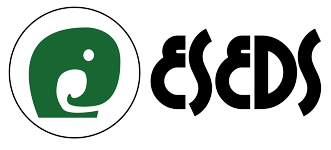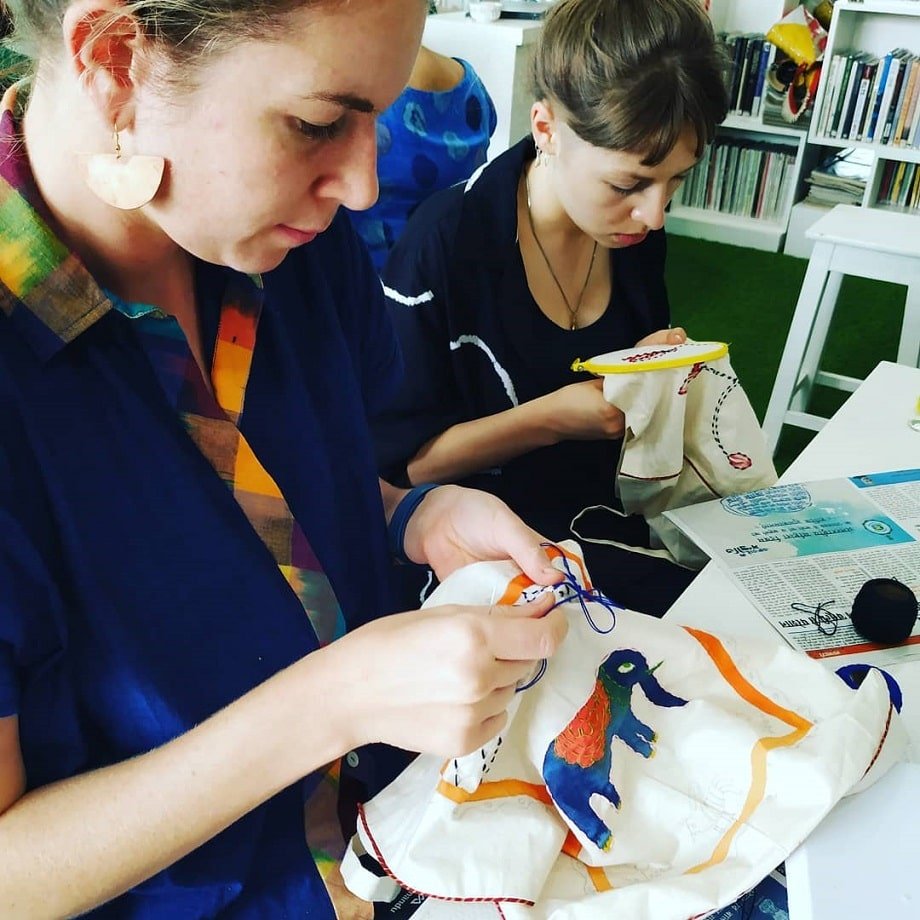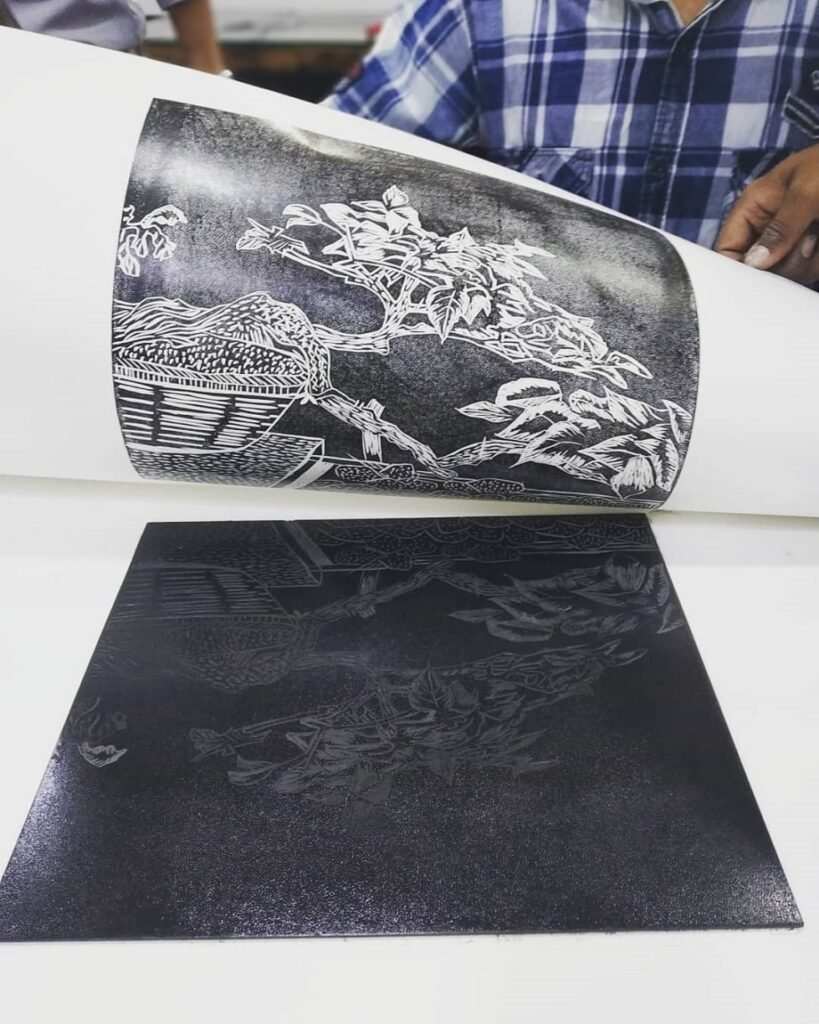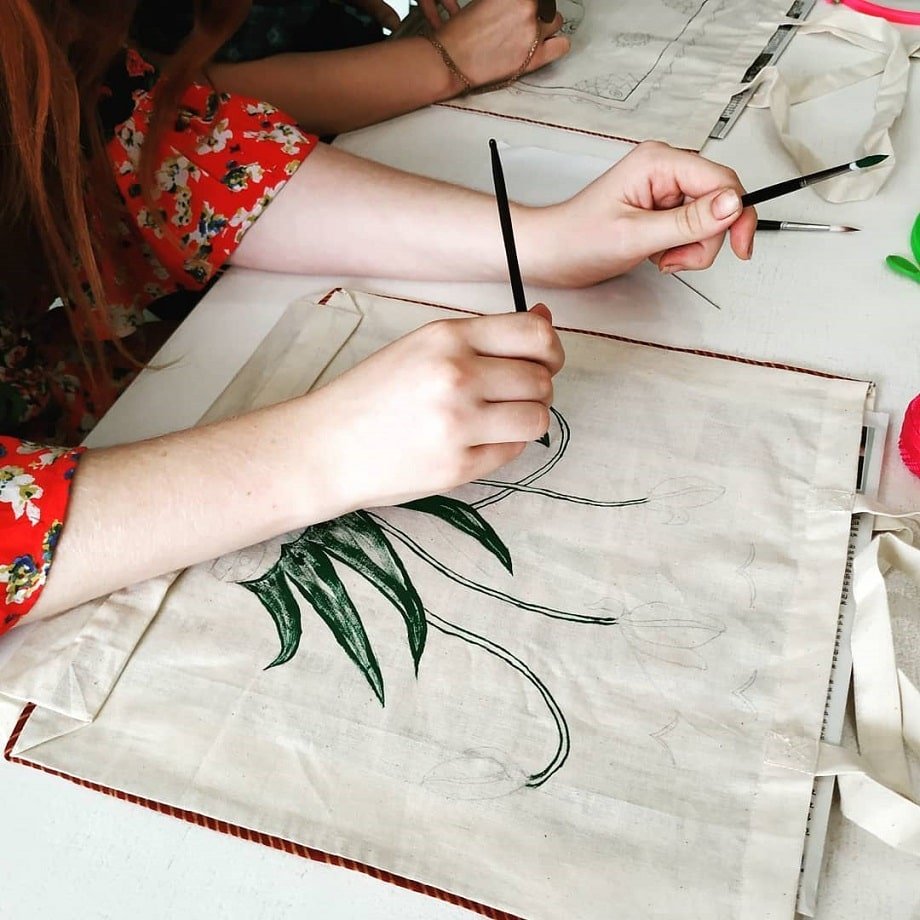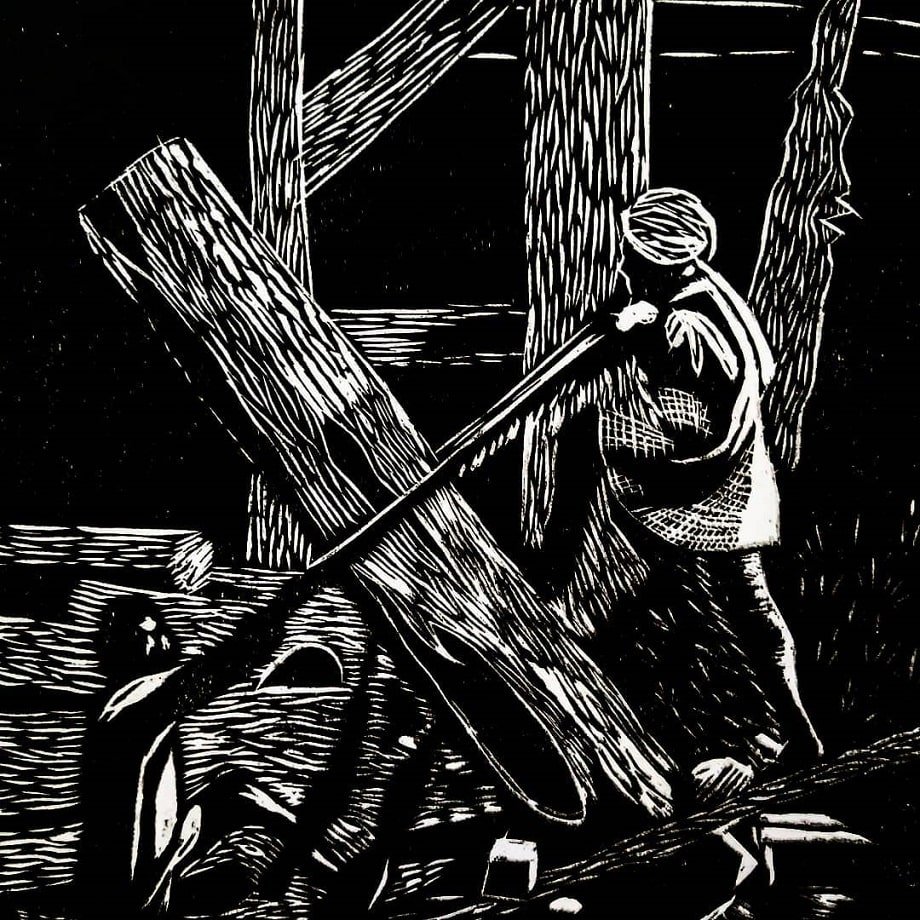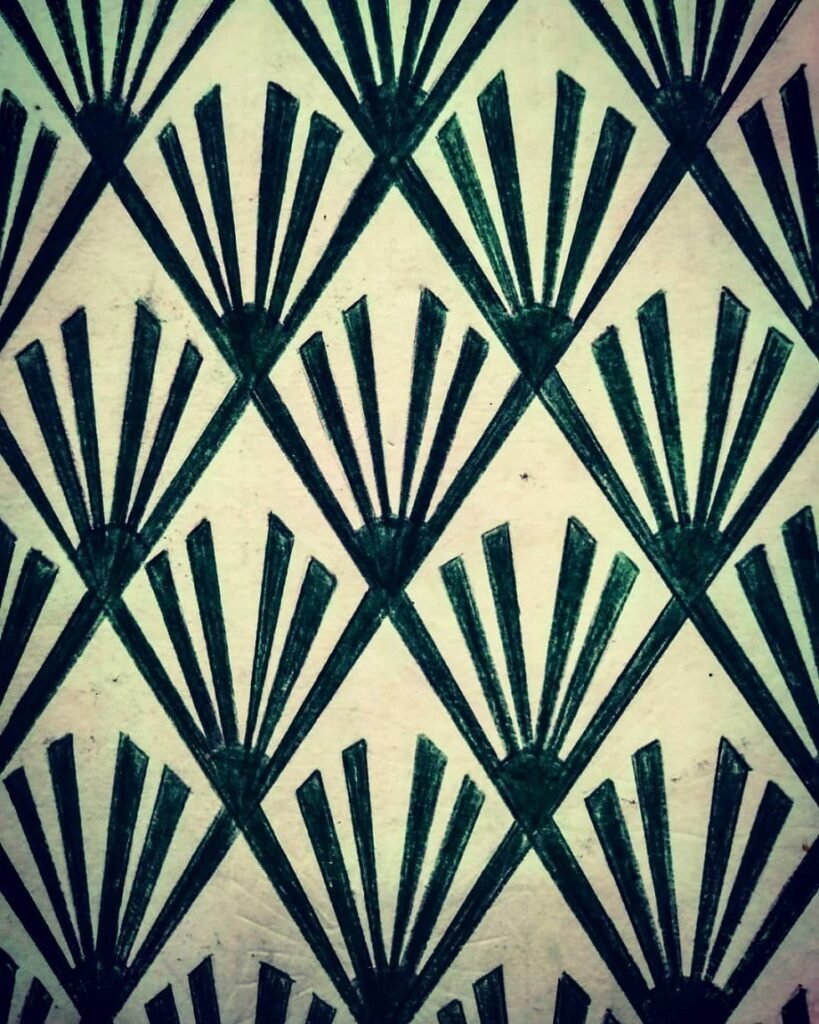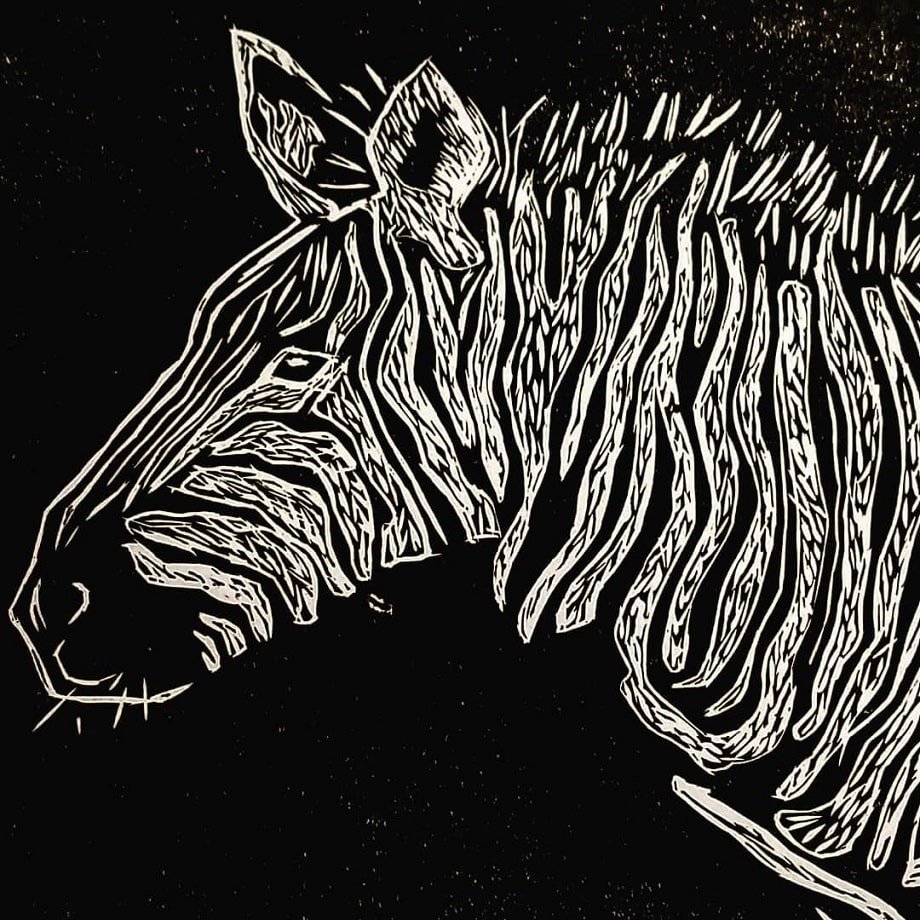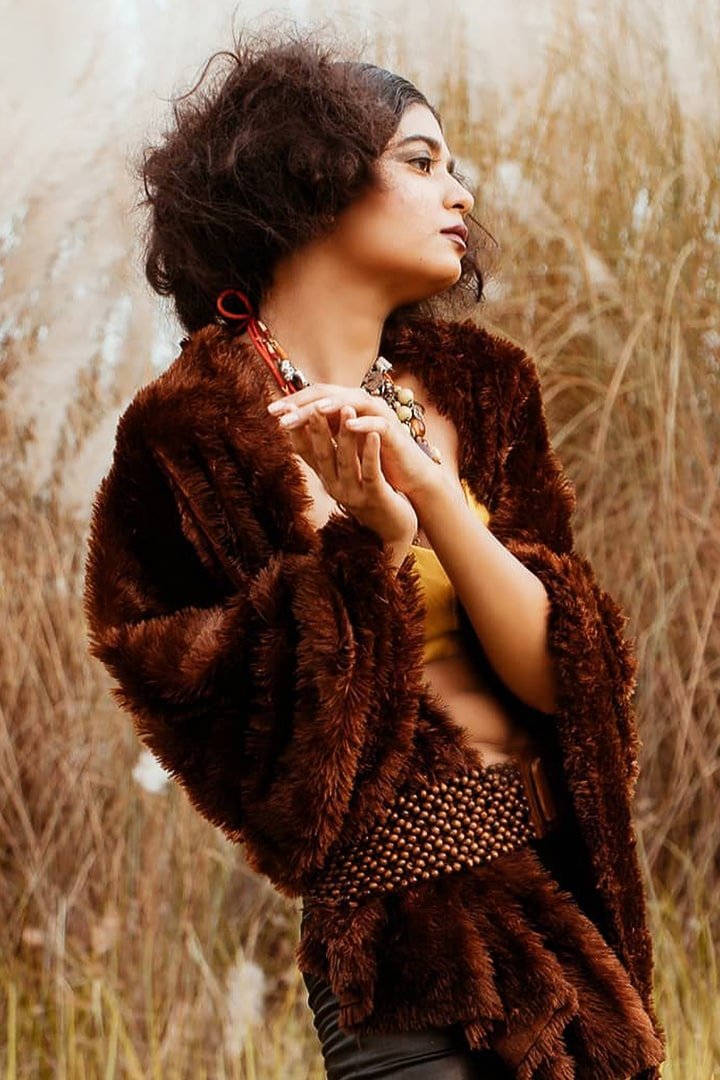TEXTILE & PRINT MAKING COURSE IN KOLKATA
TEXTILE
& PRINT MAKING
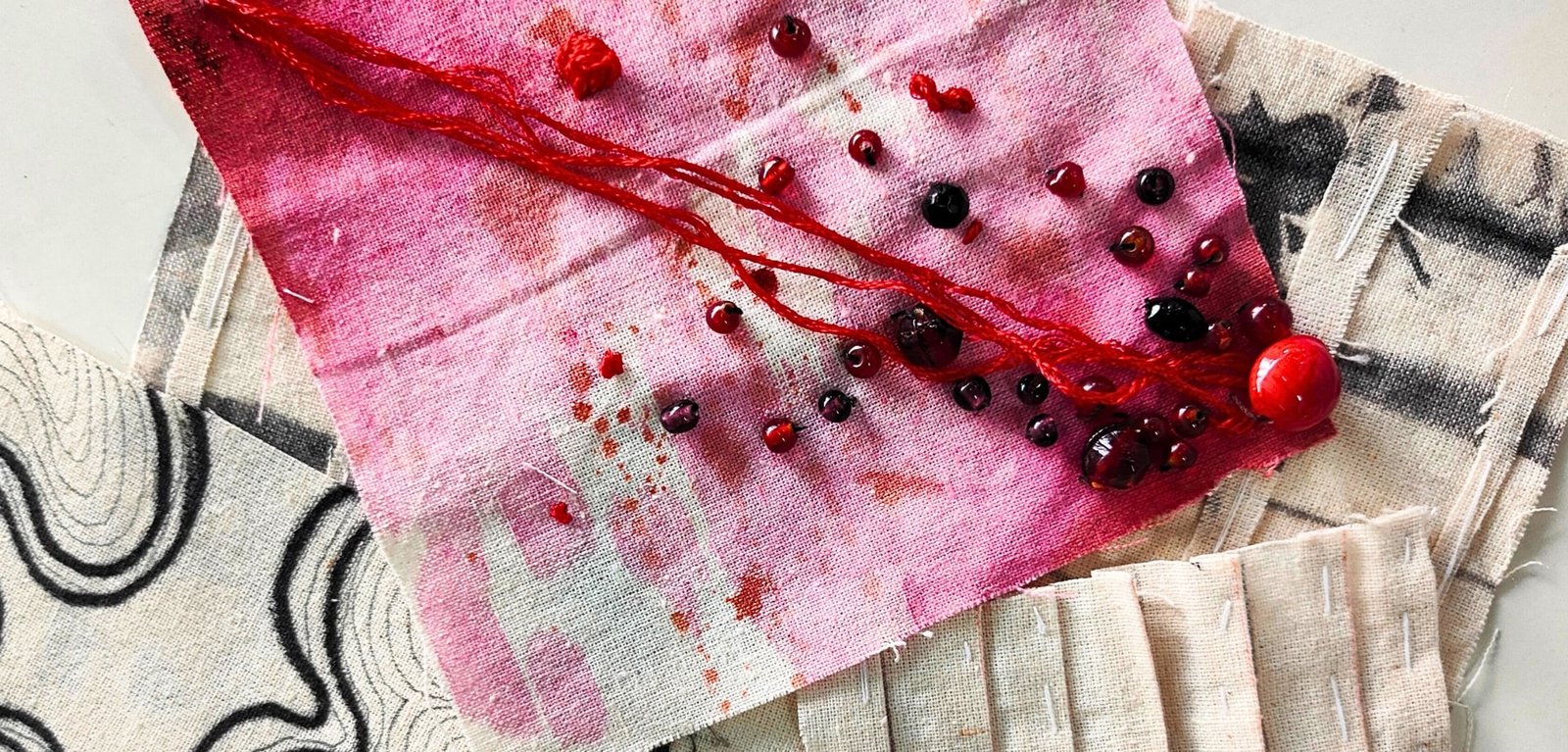
India has always pioneered the field of textiles. As we all know fashion is incomplete without a beautiful array of textiles. ESEDS school of design provides the best textile and printmaking course in Kolkata. Join us and learn from experienced mentors in the field of textile and printmaking.
- Level: Short Term Certification Course
- Duration: 6 Months
- Eligibility: Minimum Secondary or Equivalent examination (CBSE, ICSE, WBSE or any other equivalent board exams) with English as a compulsory subject preferred.
The course has been designed as an introduction to understanding fabrics and the various printing, dyeing and techniques that can be implemented to enhance ones artistic and aesthetic styles so as to achieve desired design goal. To be an informed part of the fashion industry and to have knowledge of the various textiles and techniques that are widely used in the industry.
It encourages students to develop:
- an ability to record from direct observation and personal experience;
- an ability to identify and solve problems in visual and/or other forms;
- creativity, visual awareness, critical and cultural understanding;
- an imaginative, creative and personal response;
- confidence, enthusiasm and a sense of achievement in the practice of Art and Design;
- growing independence in the refinement and development of ideas and personal outcomes;
- engagement and experimentation with a range of media, materials and techniques, including new media where appropriate;
- experience of working in relevant frameworks and exploration of manipulative skills necessary to form, compose and communicate in two and/or three dimensions;
- knowledge of a working vocabulary relevant to the subject and an interest in, and a critical awareness of, other practitioners, environments and cultures;
- investigative, analytical, experimental, interpretative, practical, technical and expressive skills.
| 3 Months (72 hours) | ||||
|---|---|---|---|---|
| Introduction to textiles | ||||
| Indian Traditional Printed Textiles | ||||
| ||||
| Printing Techniques | ||||
| ||||
| Introduction to Indian traditional Embroideries | ||||
| Introduction to Hand Embroideries | ||||
| Design project |
| 3 + 3 Months (144 hours) | ||||
|---|---|---|---|---|
| Introduction to textiles | ||||
| Indian Traditional Printed Textiles | ||||
| Weaving Techniques | ||||
| ||||
| Printing Techniques | ||||
| ||||
| Introduction to Indian traditional Embroideries | ||||
| Introduction to Hand Embroideries | ||||
| Advanced Printing Techniques | ||||
| ||||
| International Textiles and Embroideries | ||||
| Advanced Surface Development | ||||
| ||||
| Fabric Studies | ||||
| Design Project |
The assessment strategy for our design courses uses a perfect balance between summative and formative assessments in order to improve skills not only on core disciplines but also in project planning and time management. Projects are concurrently conducted between all modules in order to improve students’ transferrable skills, allowing them to link skills and competencies from various domains.
An Integral part of the course is the links to profession practitioners and industries, and in particular to this unique course is the connections you will make with ethical and sustainable sectors of the design and textile industry. You will learn how traditional sustainable practices such as ‘ikkat’ textiles, hand loomed weaving, shibori, along with contemporary ethical and sustainable practices such as; ‘peace silk’ and herbal dying can be incorporated into modern contemporary design practices.
Also how organisations such as ‘blue sign’ technologies and ‘Beyond Surface Technologies’ (BST)are working with massive fashion, sports, footwear and apparel companies to create more sustainable products for the mass consumer market.
Students will learn how these important traditional skills and techniques fused with new technologies can provide a design pathway to a sustainable and ethical future.
By the end of the course you should be able to have an appreciation for textiles and the printing and embroidery processes. You will be able to identify and draw inspiration from the various types of textiles.
Textile Designing, Fashion designer, Merchandiser.
